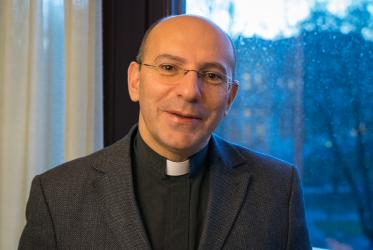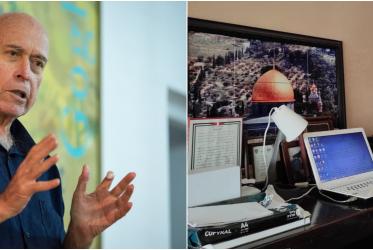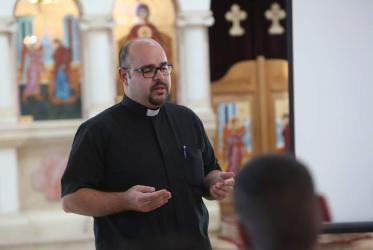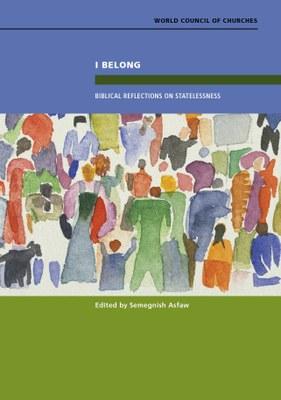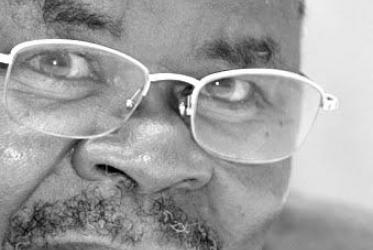Displaying 161 - 180 of 643
Palestinian Christian peace worker yearns for courageous leaders
10 December 2020
A hopeful, but not optimistic Palestinian ecumenist
09 December 2020
As olive harvest draws to a close, who is helping the farmers?
08 December 2020
Fr Jamal Khader: “We need to keep hope alive” in Palestine
25 November 2020
Cooler Earth - Higher Benefits
Actions by those who care about children, climate and finance.
20 November 2020
In Palestine, “God honored this olive tree”
12 November 2020
“Olive trees are holy signs of peace, older than anyone”
22 October 2020
I Belong: Biblical Reflections on Statelessness
Biblical Reflections on Statelessness
12 October 2020
Christian Aid CEO: “There is power in a praying community”
28 September 2020

